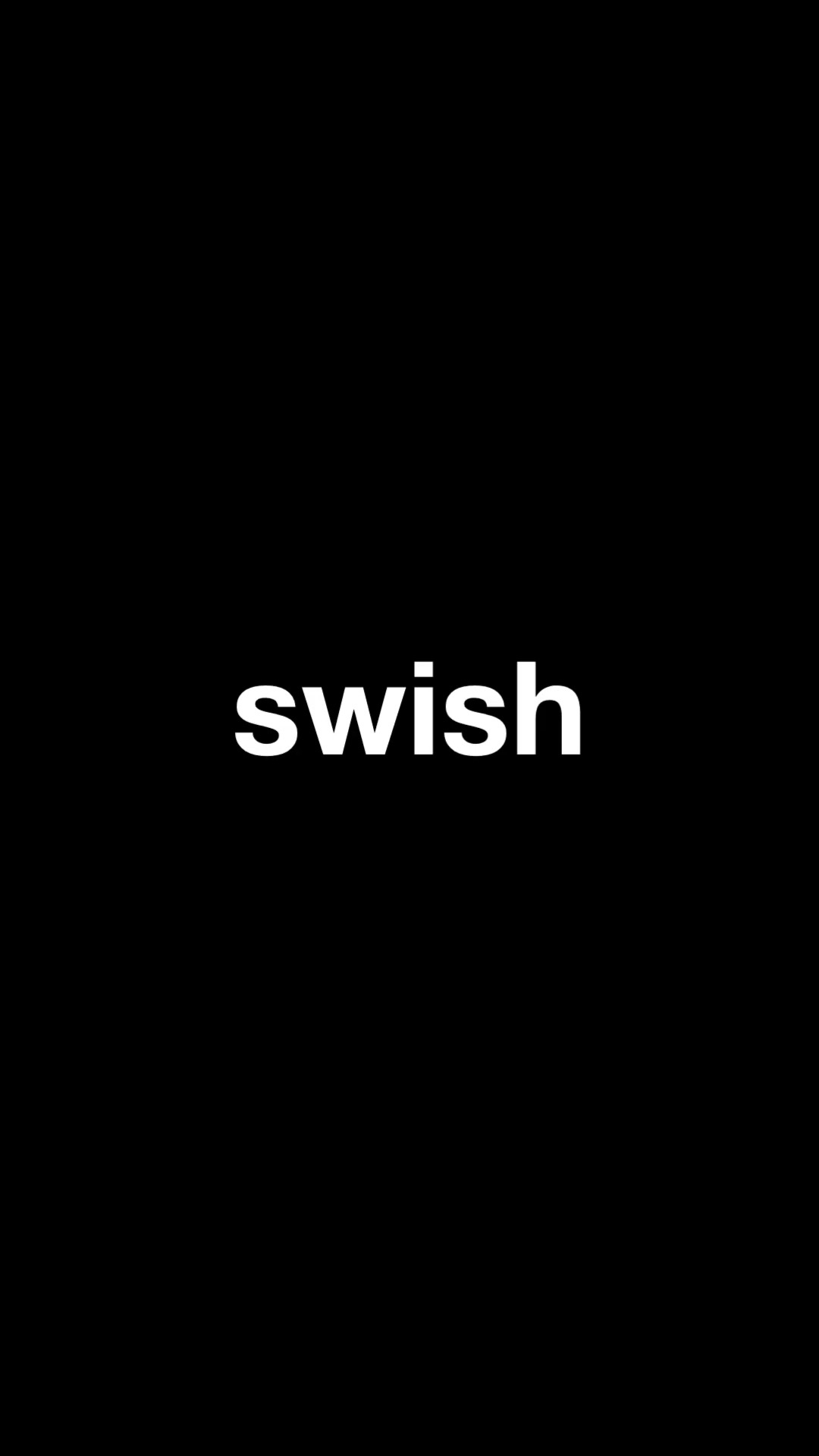I was deeply upset and angered that a group chat called “The Locker Room Bois” was even a thing. After looking into it further, I was revolted by the horrible things the members were saying. These boys were ridiculing and threatening to sexually assault underage girls. I was hurt and I can only imagine how these girls felt after learning that their privacy was violated, their photos stolen and shared around the world. This poem not only represents my feelings towards the highly publicized cases of injustice but also towards the everyday experiences of Indian women. This poem reflects my concern and shows my solidarity with the victims. No human, whether they are a girl or boy, should have to go through this. In my eyes, harassment is unacceptable. We need to spread awareness and should not tolerate this kind of behavior in our South Asian community and worldwide. Furthermore, we need to educate our boys and empower our girls, so this sort of behavior stops. Boys must know to do the right thing by standing up and protecting girls.
[Read Related: Beauty Inside is Happiness Outside]
Tap, Tap, tapping
The fingers of the boys
As quickly as they can see
They can type.
Swish, swish, swishing
With each swipe, they go onto the next screen
With the messages, they send deep cuts and bruises
Affecting the self-esteem of little girls, they tarnish.
Indian culture,
Food culture,
pop culture,
What kind of culture is rape culture?
Is it boys will be boys
And the locker room talks or
just little slaps on their wrists
and sometimes nothing at all.
As the society blames girls
Who’s blaming the monsters
That lie awake under the covers?
Who’s exactly covering up the truth
And justifying their actions?
From a country that has the largest
population of people who worship female
goddesses. It’s crazy to think
how little common sense exists
surrounding these issues.
Fighting for women’s rights and
chanting #metoo isn’t a joke, it is reality.
Light, light, lighter
As her confidence begins to lessen hearing the racist comments, from her family, the people who should love her unconditionally.
Your skin isn’t fair enough, you’re too brown, are you black? Do you think boys will want to marry you? You saying these words affect every time.
Time that she could be spending getting an education and doing the best that she can.
Knock, knock, knocking.
When she comes home crying
It isn’t the cries that get your attention, it’s the fact that she was out at 8:00 p.m. all lonely.
Constantly putting the blame on the victim purely because of her gender and claiming she has no right over her body but allows the tattooed remarks of every man’s horrible wordings.
*people talking*
*loud noises*
As the clock strikes midnight
Messaging his friends to see the late-night hook-up
He swiftly sends a picture of an unconsenting minor
He enjoys the attention of his locker room brothers
who have no respect for themselves or others.
Click, click, clicking
As his screenshot receipts get higher
Sending it to his friends with 10-second timers.






